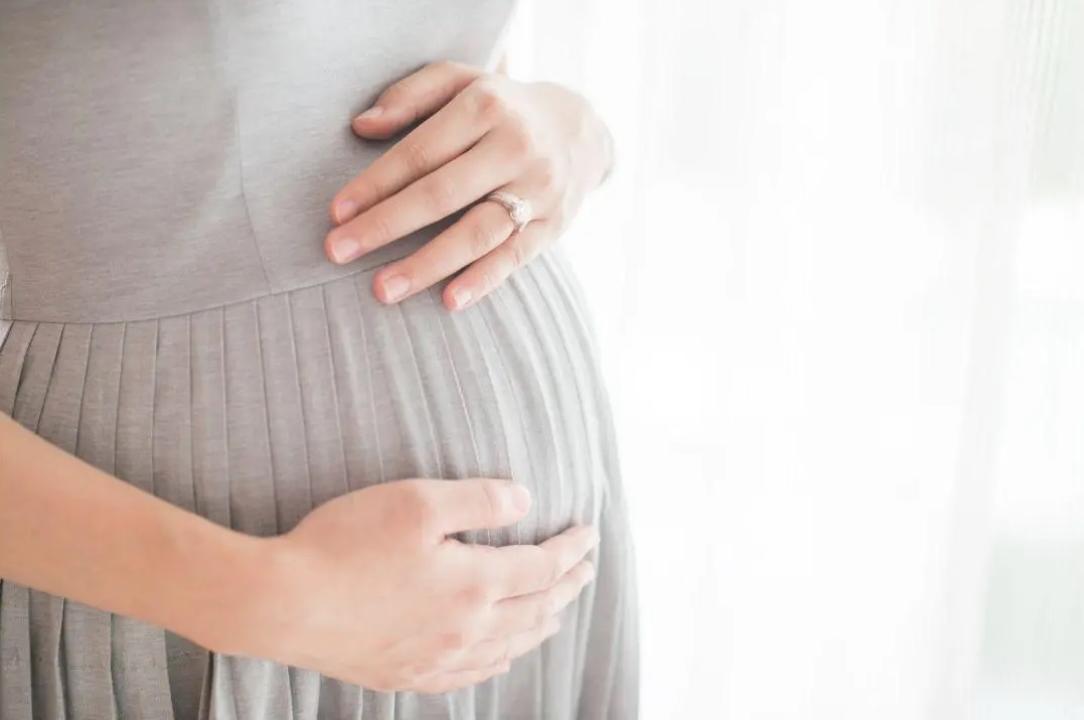The risks of sepsis and acute renal failure were 3-4 times greater for deliveries following SARS-CoV-2 infection compared to uninfected

Image for representational purpose only. Photo Courtesy: istock
Women who experience Covid-19 infections within a week before giving birth are at an increased risk for severe maternal morbidity (SMM) events, including acute renal failure and adult respiratory distress syndrome (ARDS), according to study.
ADVERTISEMENT
An international team of researchers from the US, Canada and Australia showed that the risk of SMM was 2.22 times higher among women with SARS-CoV-2 infection within 7 days of delivery and 1.66 times higher among those with infection 7-30 days prior to delivery compared to those who were uninfected.
The highest risk observed was associated with SARS-CoV-2 infection for ARDS.
The risks of sepsis and acute renal failure were 3-4 times greater for deliveries following SARS-CoV-2 infection compared to uninfected.
In the study, published in the Open Forum Infectious Diseases, researchers used electronic records of 93,624 deliveries occurring from March 11, 2020, to July 1, 2021, to look for positive Covid-19 tests and 21 SMM conditions.
"Those with SARS-CoV-2 infection within 7 days of delivery were more commonly younger (15-24 years old), Hispanic or non-Hispanic Black, resided in a rural area, had lower household income (<$40,000), and delivered after August 2020 compared to those without SARS-CoV-2 infections," said the researchers including from University of San Francisco in the US.
At a population-level, the authors estimate that 2 per cent of SMM cases can be attributed to SARS-CoV-2 infection during the 7 days prior to delivery.
The greatest burden of SARS-CoV-2 infection in terms of impact on SMM was observed among those with at least one pre-existing medical condition.
Among those with a pre-existing medical condition, the risk of SMM was nearly three times higher following SARS-CoV-2 infection compared to no infection, and among those infected, SARS-CoV2 contributed to 66 per cent of SMM cases.
The researchers said their findings should result in a more urgent push to vaccinate pregnant women.
"Among this large, national, commercially-insured cohort of pregnant people who gave birth during a time when fewer than 24 per cent of pregnant people had received a Covid-19 vaccine, we found that SARS-CoV-2 infection around the time of delivery was associated with increased risk of SMM, especially ARDS, and contributed to 2-3 per cent of total SMM cases.
"Covid-19 is preventable, and prevention of SARS-CoV-2 infection around the time of delivery could reduce the incidence of SMM and subsequent health burden, especially in high-risk groups," the researchers said.
This story has been sourced from a third party syndicated feed, agencies. Mid-day accepts no responsibility or liability for its dependability, trustworthiness, reliability and data of the text. Mid-day management/mid-day.com reserves the sole right to alter, delete or remove (without notice) the content in its absolute discretion for any reason whatsoever.
 Subscribe today by clicking the link and stay updated with the latest news!" Click here!
Subscribe today by clicking the link and stay updated with the latest news!" Click here!







